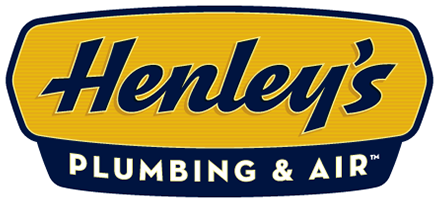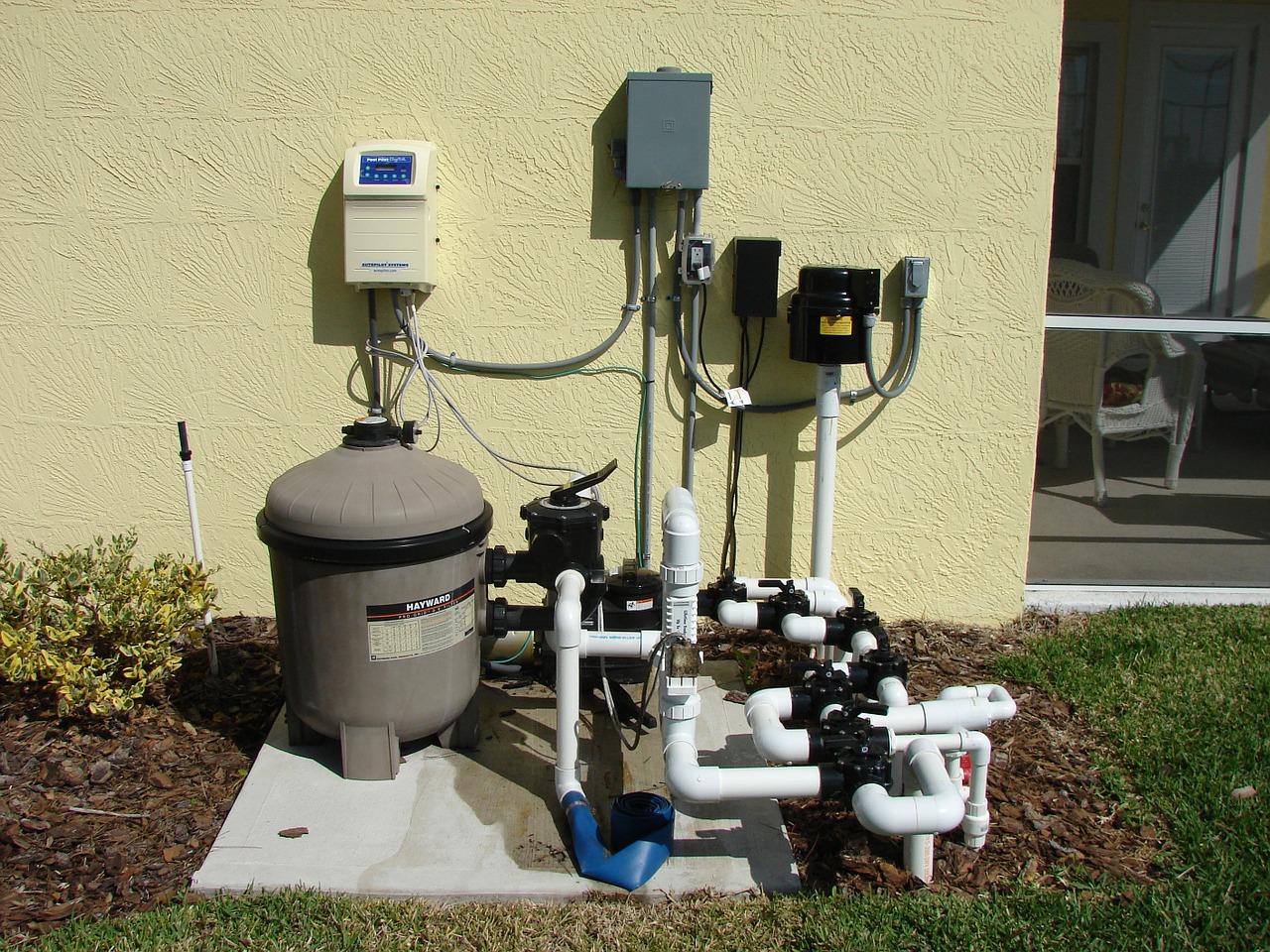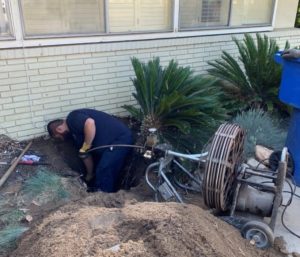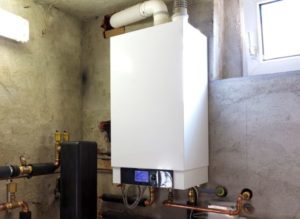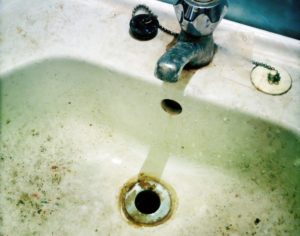Choosing to install a water filtration system for your home can provide many benefits, such as keeping you and your family healthy and making your tap water taste better. In addition, dirty water can damage your plumbing system, causing premature repair or replacement of components. If you aren’t happy with the condition of your water, a whole house water filtration service with a reputable plumbing service might be the perfect solution.
Water filtration for your home involves a filter connected to your main water line, typically before it splits to your water heater, and the type of system depends on your water quality, among other factors. Water filtration is not an exact science, however, and it’s important to know what you’re looking for in a water filter for your home, as well as what you need from your plumbing and filtration professionals.
How Do I Know What’s In My Water?
Once you’ve determined what needs to be filtered out of your water, you’ve already made great strides toward having healthy water for you and your family. Two resources that can help you with this are an annual water quality report provided by your local water supply company or the Consumer Confidence Report for the same, which can be found on the EPA website. If you have a private well, however, you will need to collect a sample and send it to a lab certified by your state, or your plumbing service can take care of this process for you. The latter is the most reliable option, as well as the most hassle-free.
The kind of whole house water filter that’s best for your needs will depend on many factors that can be pinned down by giving these considerations some thought.
City Water vs Private Well
Generally, both city water and well water are relatively safe, but there are still hundreds of potential contaminants not regulated by the EPA. Furthermore, if you have a well, you won’t be privy to your water quality on a regular basis. In fact, studies have found that around 40 percent of private wells contain E. coli or coliform bacteria at any point in time.
Number of People in Your Household
Depending on the type of filtration system, it may be sized by the average total water usage in your home per 24-hour period. Since the number of people living in your home is directly related to your average water usage, this consideration is essential for determining the correct size filter for your home.
Number of Bathrooms
Similar to how the number of people in your home relates to water usage and the size of your filtration system, the number of bathrooms can help you determine your home’s water flow rate. On a weekend morning, for instance, you may have several toilets flushing, your washing machine and dishwasher running, as well as extra showers, were taken. With all of this happening at once, you want to make sure that this extra water usage is calculated in your average usage.
Refined Treatment for Drinking Water
You may also want to have added protection against contaminants in your drinking water by having a more selective filtration system at your kitchen faucet. Many customers prefer a combination of these two types of systems to save the cost and hassle of buying filtered drinking water or having it delivered.
Once you’ve considered these factors, you and your filtration service provider can decide which size and type of system will effectively filter the contaminants unique to your water supply.
